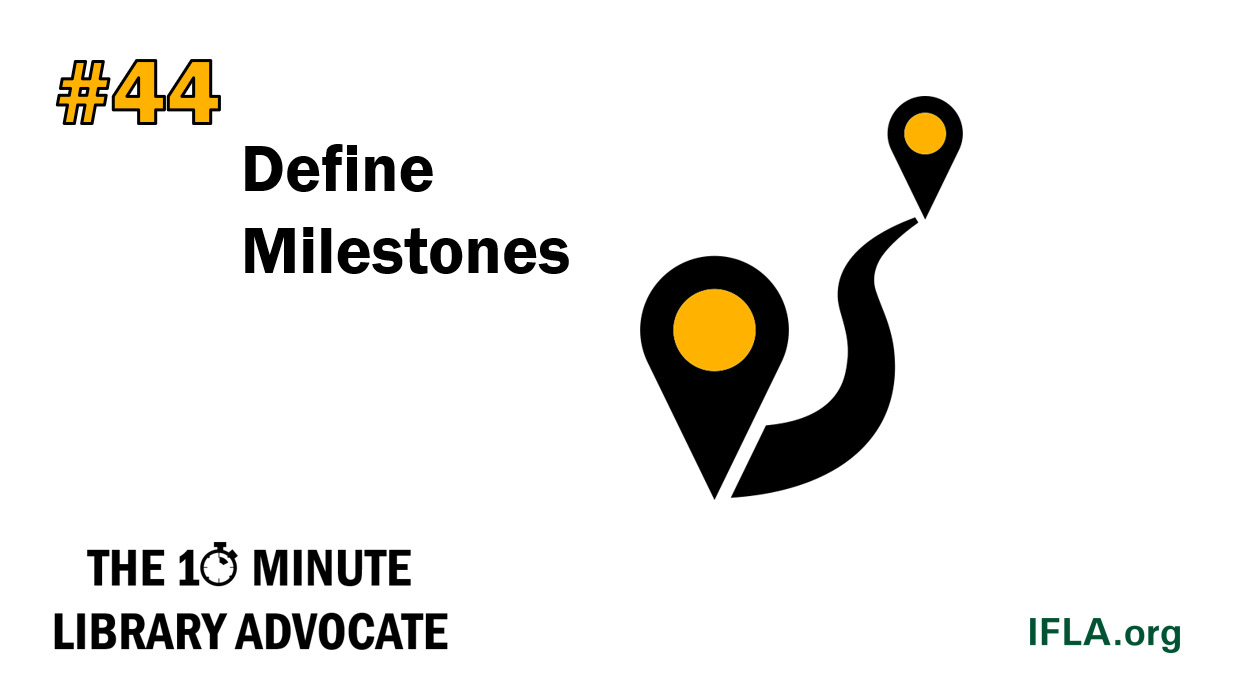The way we think about our actions is often determined by the way we see the world.
This makes sense – it is important to think about the environment in which we are working when planning how we are going to operate.
However, this can also limit us. We can make assumptions about how things are going to be, and what is going to be possible or not, that may not always be right.
Critically, a pessimistic view of the world can risk us to lower our hopes, and not try things that could actually be beneficial.
So for our 93rd 10-Minute International Librarian exercise, raise your ambitions.
Think about your own plans for the coming year and what you think you can achieve, and challenge yourself.
Can you think of an assumption you are making, or a target that you have, and think about whether you can’t stretch yourself?
Obviously don’t go crazy! But it can be a healthy way of breaking out of the same old way of doing things.
Let us know about times when you have raised your ambitions in the comments below.
Good luck!
This idea relates to the IFLA Strategy! Key Initiative 2.2: Deliver high quality campaigns, information and other communications products on a regular basis to engage and energise libraries
As we publish more ideas, you will be able to view these using the #10MinuteInternationalLibrarian tag on this blog, and of course on IFLA’s Ideas Store! Do also share your ideas in the comments box below!
